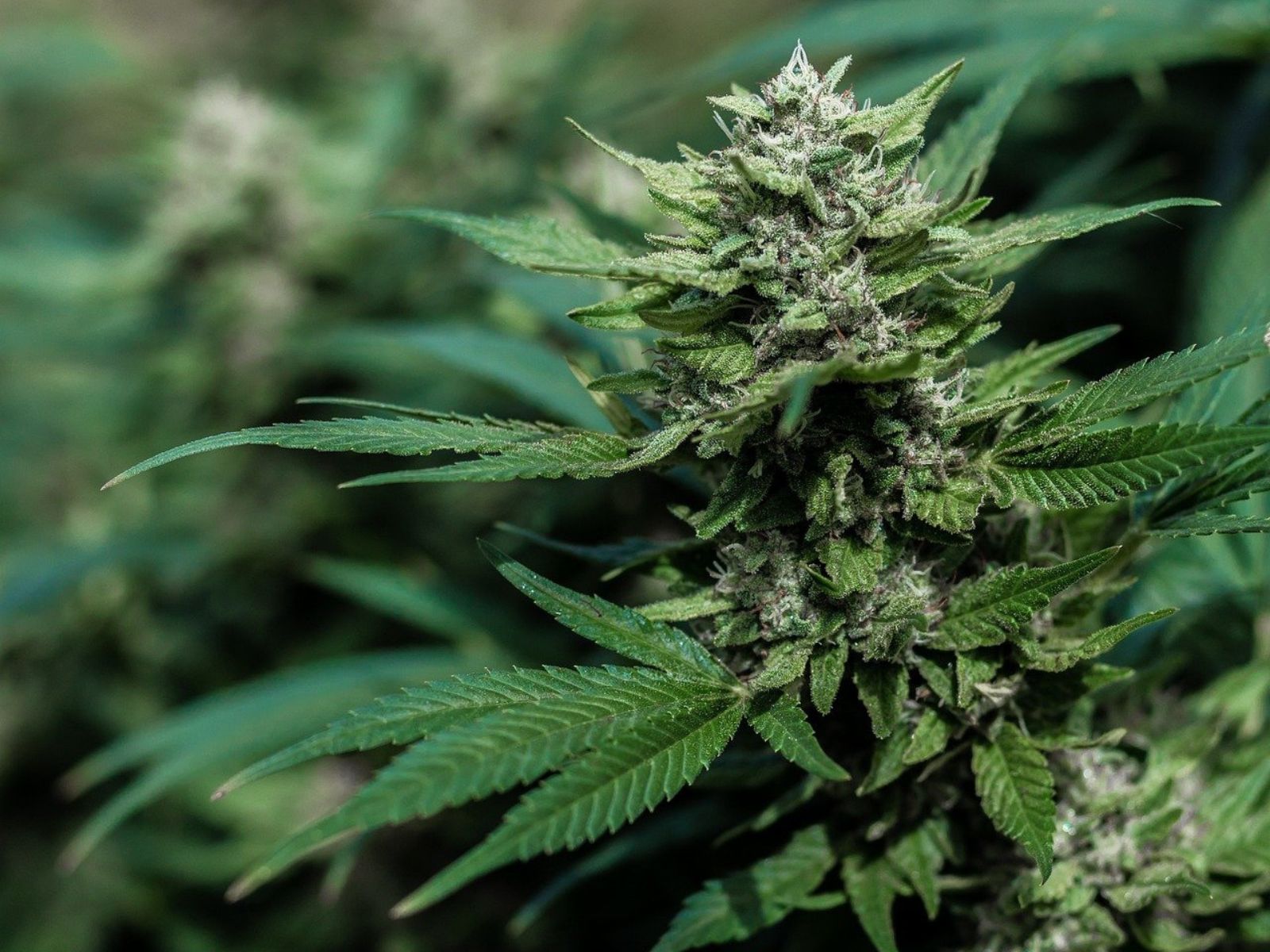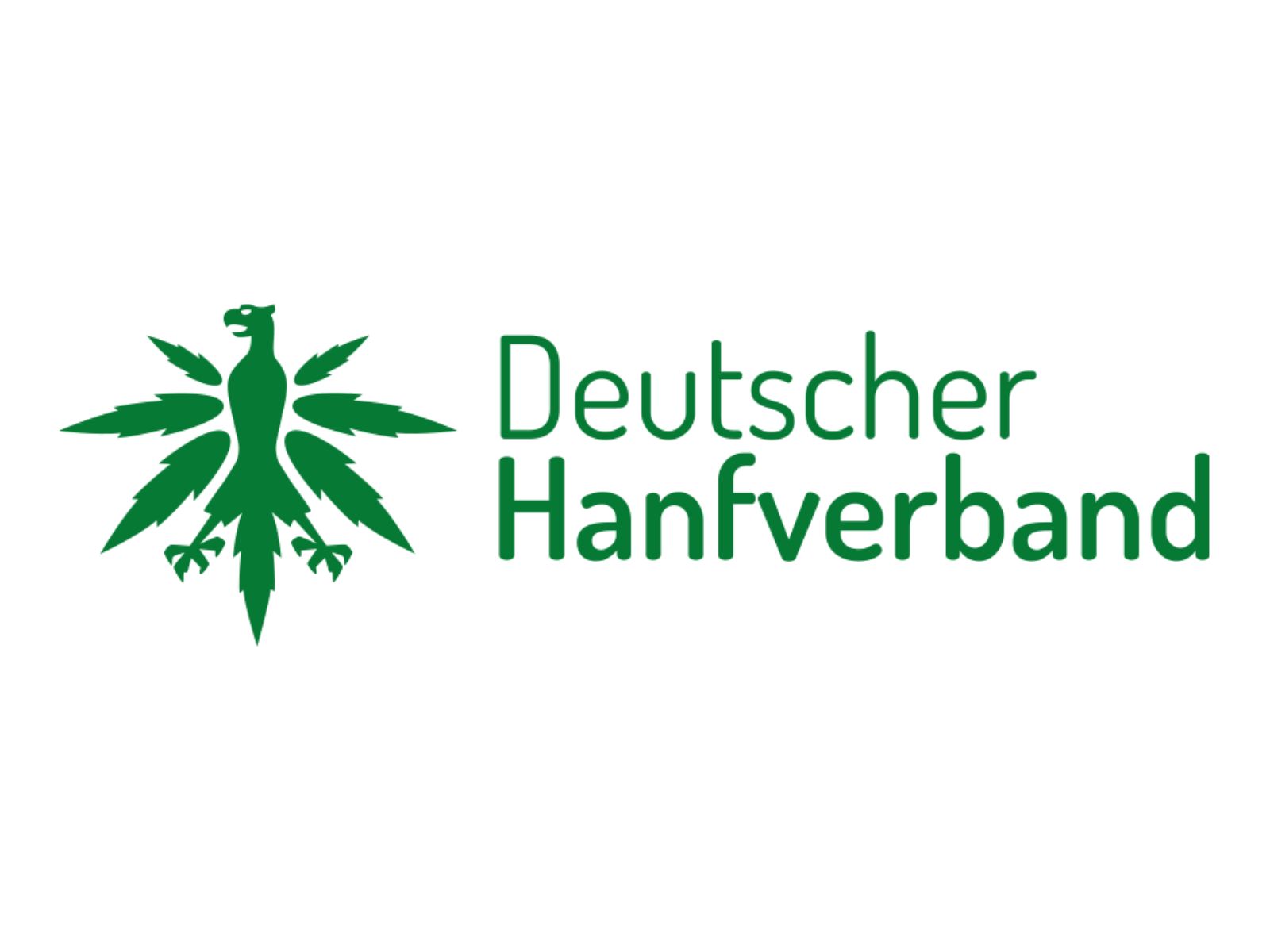
German Insurers Begin To Take New Tact On Medical Cannabis

German Insurers Begin To Take New Tact On Medical Cannabis
AOK has begun a new program with German Society for Pain Medicine to decrease approval complexity, while Barmer has just issued a new digital section on its website on the medical efficacy of cannabis. Has the tide turned on insurer resistance to medical underwriting of cannabis claims?
There is clearly something afoot with German health insurers when it comes to medical cannabis this fall. Perhaps it is the change in political winds on a national level with pending draft legislation on recreational use – which will ensure that cannabis is a part of the wellness if not healthcare discussion permanently. Perhaps it is that patients have refused to stop suing their health insurers – or that doctors have not stopped prescribing.
Whatever the driver, there have been two interesting developments on the cannabis front in the past week from two of the largest statutory health insurers in Deutschland.
AOK Enters a Pilot Program to Make Approvals Easier
In a major development for German patients – initially at least in the first trial area – AOK has agreed to cooperate with the German Society for Pain Medicine. The group is comprised of doctors who are pain specialists. Last week, the group announced in an online press conference that they are calling for the approvals process for medical cannabis to be simplified. To that end, they have entered into a contract with AOK in Rheinland/Hamburg to roll out a new kind of approvals process where doctors, not the insurer or regional approver, will have the deciding voice in whether a patient can obtain medical cannabis.
This is a huge development – and will be closely watched across the rest of the country.
Barmer Issues a New Cannabis Specialty Web Presence
One of the other top three health insurers to approve cannabis claims (by number), Barmer, has also stepped into the discussion with an interesting new series of educational web pages about cannabis. It appears that it is an effort to educate patients about how to obtain the drug – and goes to great lengths to describe cannabis as a medicine of last resort. Interestingly, they also quote data gathered by the Association of Cannabis Supplying Pharmacies (or VCA) to demonstrate what kinds of patients (and conditions) cannabis was being successfully prescribed for.
The pages also specifically try to discourage patients from obtaining their cannabis from the black market and discusses the issue of cannabis withdrawal, while admitting it is less serious than other drugs.
It appears to be communication from the health insurer in response to a growing interest from their members about the drug. There is nothing on the information provided that Barmer is going to do anything differently in terms of approving claims faster – or in a different way.
The Insurance Question
Holland’s insurers stopped covering medical cannabis claims the same month that the German government agreed to proceed on such a program in 2017.
It is unlikely that such a development will occur in Germany. That said, how the legalization of recreational use cannabis will impact such coverage, but it is unlikely that insurers will be able to step out from this responsibility. There is too much evidence in Germany of medical efficacy – even if the drug remains, sadly, a drug of last resort for most and further, unbelievably difficult to access via legal, medical channels.
Share article
Ticket Prices increase €200
On March 18th

Ticket Prices increase €200
On March 18th

Ticket Prices increase €200
On March 18th
Share article
Join Our Awesome Community
Join Our Awesome Community
Join Our Awesome
Community
Get all the latest industry news
delivered to your inbox







